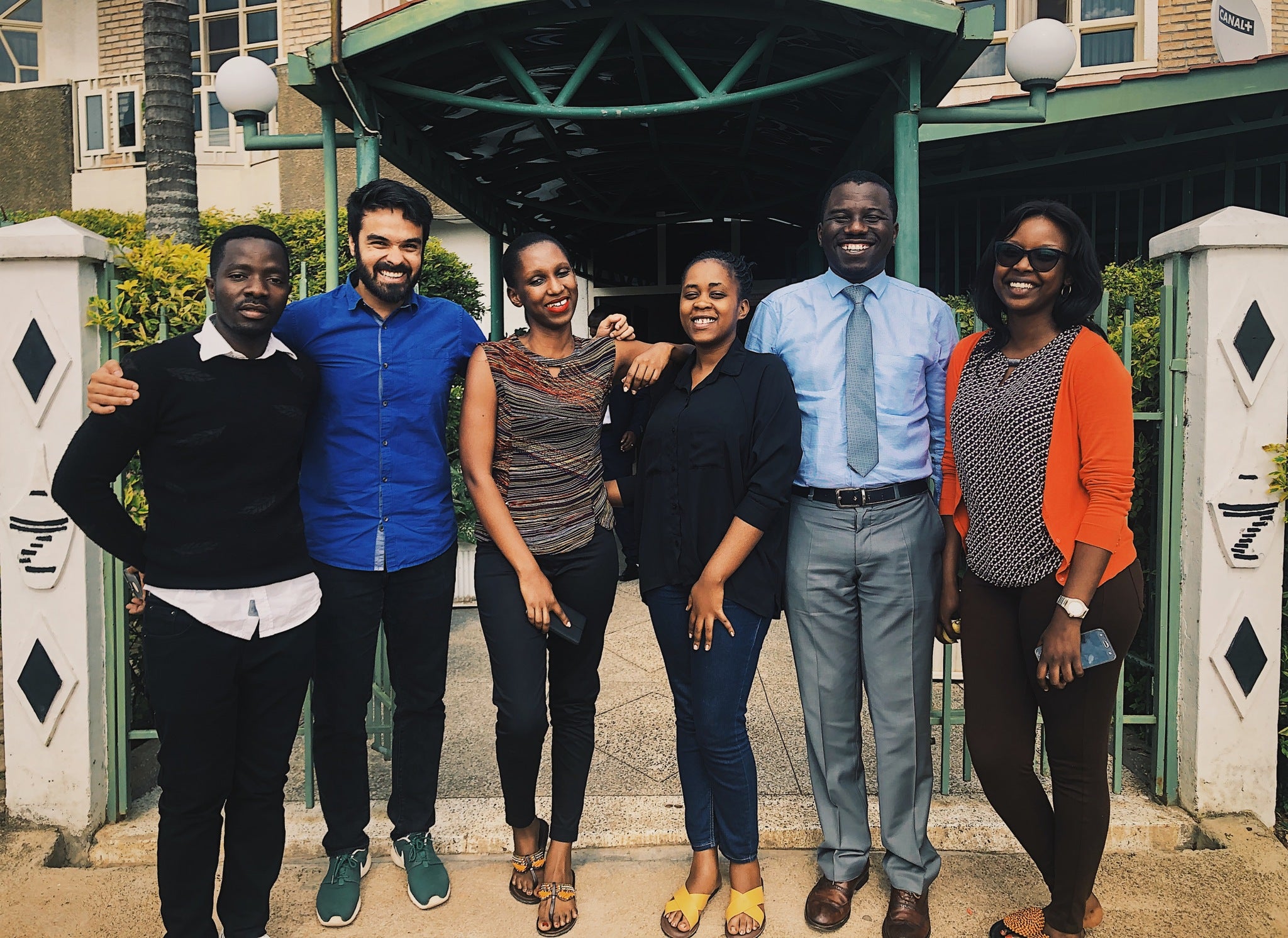Aruj Shukla

“South Africa doesn’t count”. Such was the retort I heard from my taxi driver after he’d asked if this was my first time in Africa, as we drove away from the Kigali International Airport. After spending ten weeks in Rwanda and with the added benefit of 20/20 hindsight, those words have truly been vindicated.
As an integral part of the MIDP curriculum, the summer internship experience forms the praxis component in the development training toolkit. As Prof. Andrew Zeitlin’s research assistant, I was fortunate to have the opportunity to travel to Rwanda and provide research support on his study: benchmarking a USAID youth employment training program against (cost-equivalent) household cash transfers. Implemented by Innovations for Poverty Action (IPA)—a policy and research non-profit organization—I sat out of the IPA, Rwanda office and worked with the field team through the critical phase of midline survey.
With the first wave of survey deployment around the corner, I hit the ground running by acquainting myself with the study. Gaining familiarity with the survey instrument was vital. After rounds of refinement and pilot testing we finally had a questionnaire—a fine balance between being exhaustive yet not too onerous—that was ready to be deployed on the field. What followed was an intensive ten-day period of enumerator training, which I found to be a fascinating and much-needed glimpse into the vital role of the enumerators in any successful research study. Actively engaging with enumerators has enormous returns on investment: not only does it set the foundations of a successful data collection operation through better understanding of the context and communication, but also continues to furnish new insights in fine-tuning the survey instrument. Meanwhile in parallel, I took upon the mantle of coding data quality checks to ensure that we didn’t end up with a knife in a gunfight against the messy universe of bad data. I was exposed to the rigorous protocols that IPA has developed over the years in a quest for accuracy and precision on the field. Adapting the omnibus of checks—backcheck, spotcheck, high-frequency check—as well as developing code to look out for glaring data errors and anomalies for outcomes gave me invaluable skills in Stata over a short period of time.
Prepared, we then set out to the field—something I had been eagerly waiting for. Spanning 6 weeks, visits to the field enabled me to spend time across locations in Rwanda, most notably the remote rural district of Nyamagabe where we lived in a hospital! On the field, I was fortunate to shadow a few enumerators as they went about conducting the surveys. That really allowed me to abstract away from the data points each household or beneficiary had hitherto been presented to me as. It’s easy to get caught up in the world of average treatment effects and the like while working on an RCT but such interactions—as limited they may be—provide the necessary sociological and human aspect to development, however it may be imagined or realized. Importantly, primarily through weekly calls with the principal investigators over the course of the summer, I gained a deeper understanding of the rigors and minutiae of conducting social-science research. Discussions ranging from in the weeds econometric issues like attrition management and selection of covariates to condition on to higher level decisions on specification of outcomes for the pre-analysis plan, helped me piece together the quantitative methods learned at McCourt. Much before I could realize, the myth of the eternal summer—laced with great coffee, research methodology, lush scenery, and perfect weather—was dispelled and it was time to return back. But before doing so, I took a couple of days to cool off in the pristine waters of Zanzibar.
Reflecting back on the summer gone by, I am thankful to have been able to work closely with the wonderfully warm and generous people at IPA, who gave me insights and solutions to navigate the notoriously complex universe of field data collection. And finally, to gui2de for arranging for a perfect window of opportunity to really learn and soak in everything that it takes to march towards a technically proficient and contextually aware development professional.
